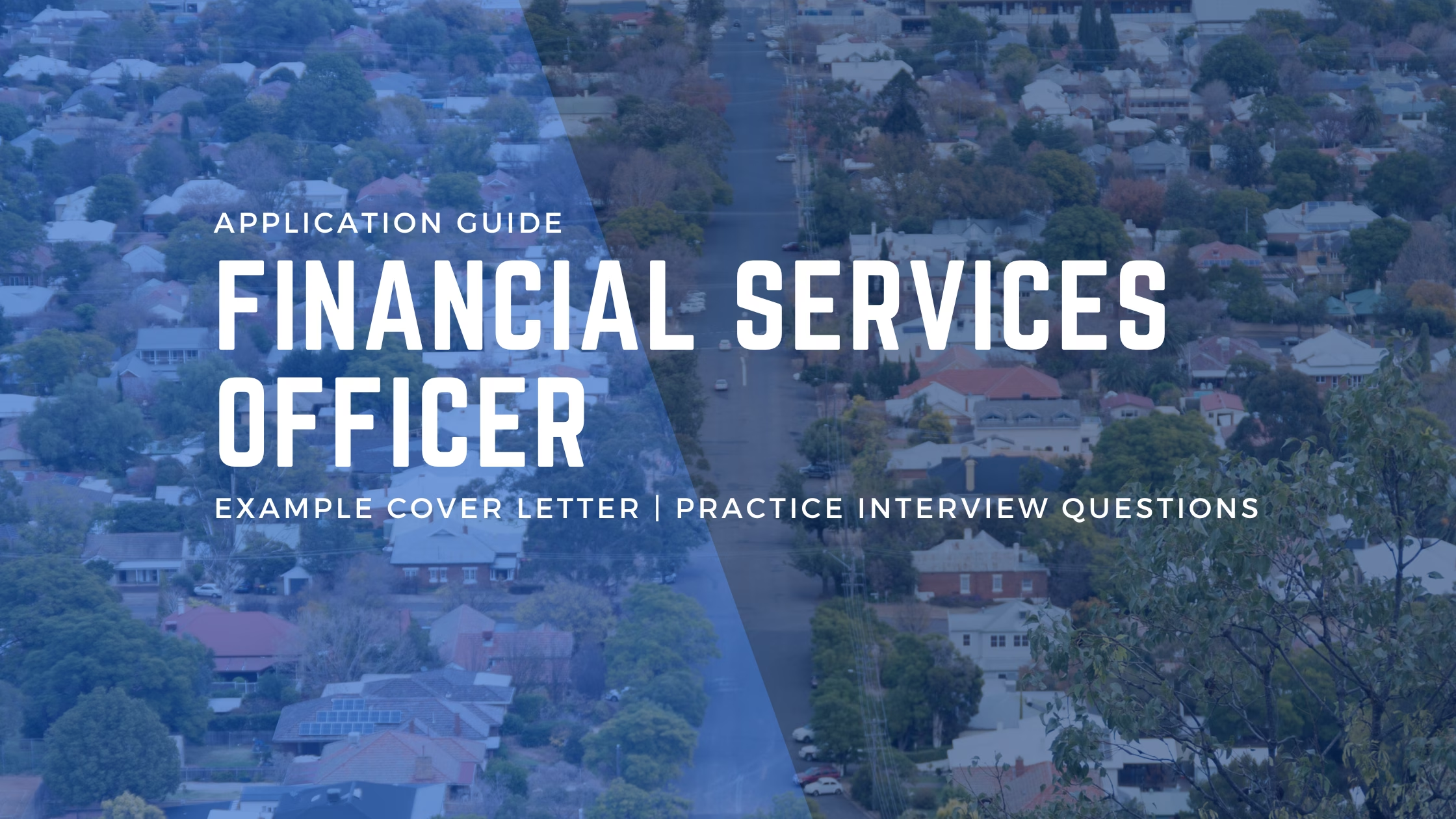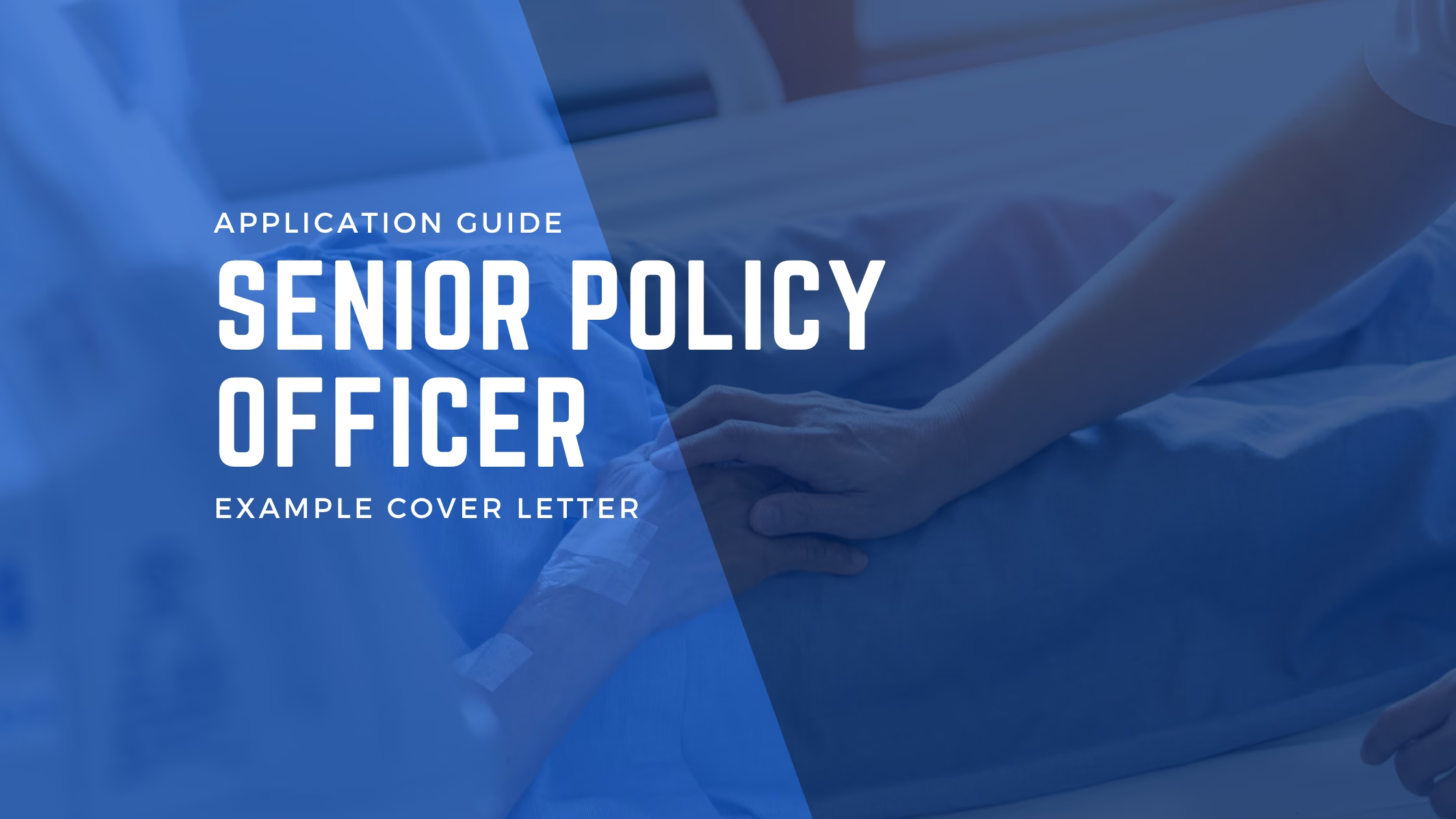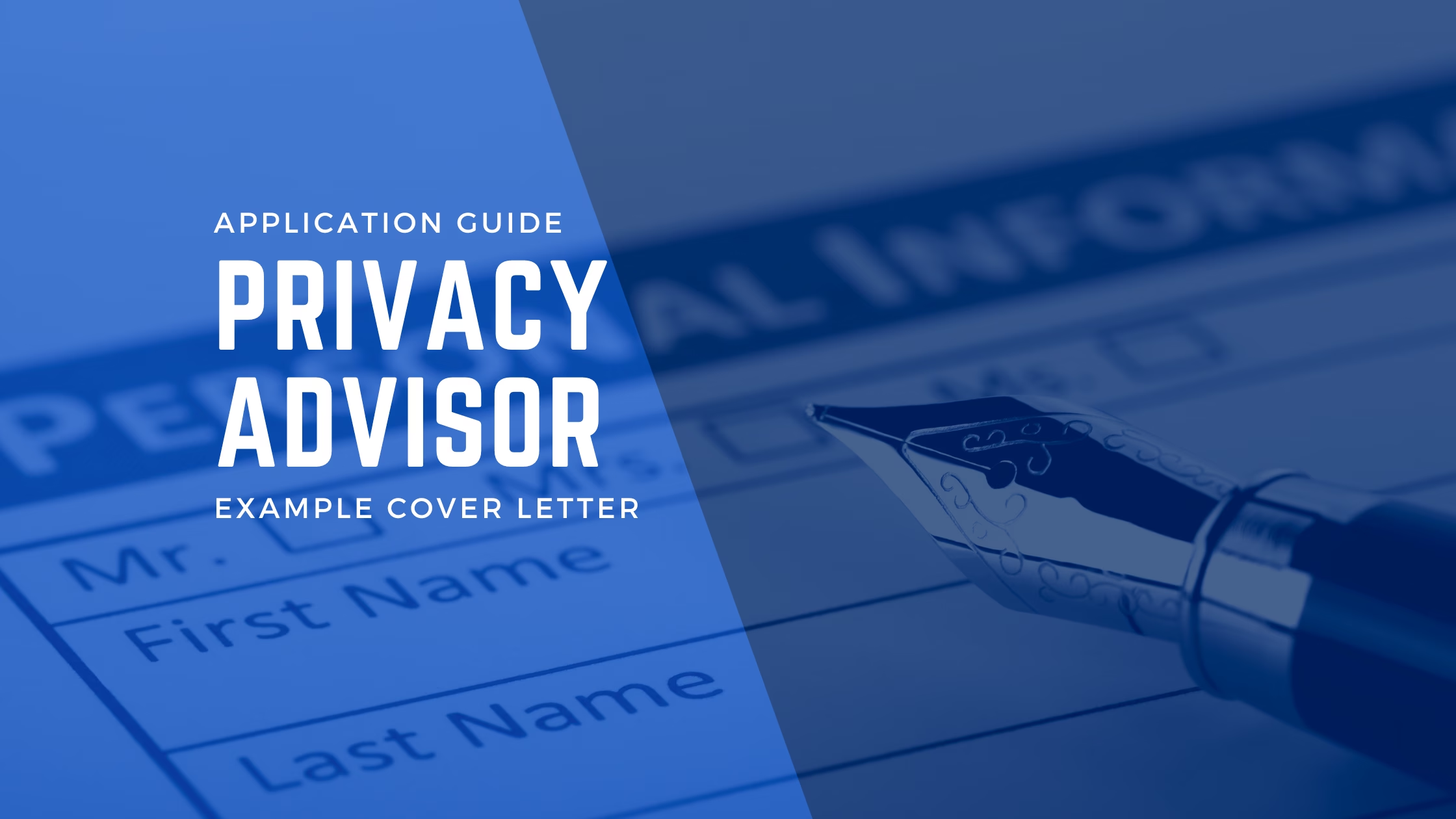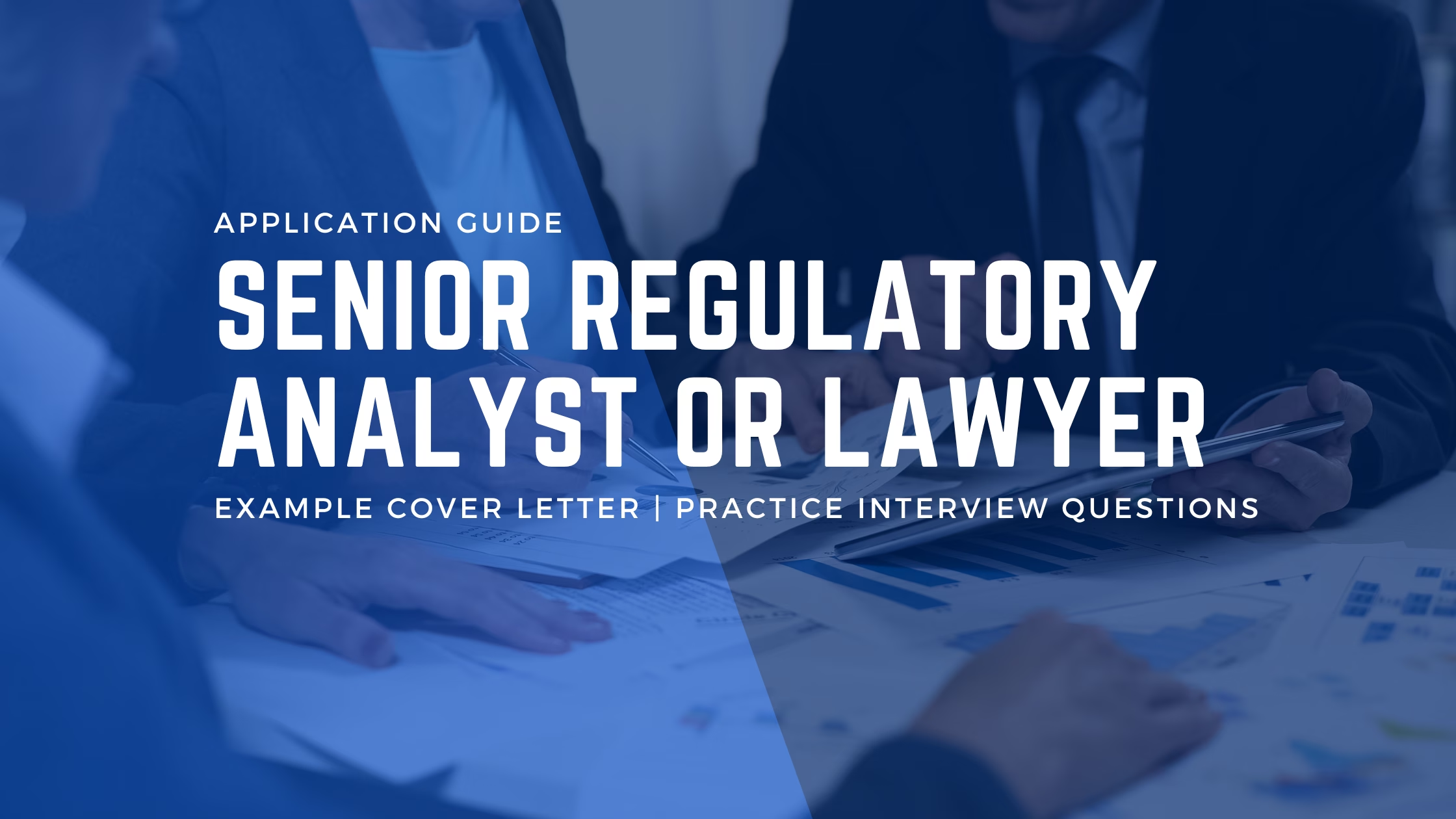NSW SES Now Hiring For A Financial Services Officer in Tamworth
The NSW SES Financial Services Officer is a full‑time, ongoing position based in Tamworth that blends hands‑on finance management with the unique purpose of supporting emergency‑service volunteers and staff across the Northwestern Zone. You’ll oversee budgets, assets, and reporting while contributing to NSW SES operations that keep communities safe during floods, storms, and tsunamis.
Imagine using your finance analyst or finance manager experience to strengthen a mission‑critical organisation that literally saves lives. This role offers flexible work, a field allowance, and a clear pathway to a rewarding NSW SES career—all while you shape smarter financial control in a high‑impact environment.
Make sure you read the application steps below—they follow the standard process used across most NSW Government roles. This guide won’t just help you with this position, but with many similar jobs too. And if you want even more insider tips, don’t miss our Unofficial Guide to NSW Public Sector Recruitment for extra context and practical advice.
Table of Contents
NSW SES Financial Services Officer Salary and Job Details
| Position Title | Financial Services Officer, Clerk Grade 5/6 |
|---|---|
| Organisation / Entity | NSW State Emergency Service (NSW SES) |
| Job Location | Tamworth & North West NSW (Regional NSW) |
| Work Type | Full‑Time, ongoing |
| Base Pay | $97,027 – $107,059 + 15 % field allowance + 11.5 % super + annual‑leave loading Total remuneration package up to $120,816.08 |
| Closing Date | 13 April 2025 – 11:59 pm |
About Finance Officer Roles in the NSW SES
The NSW SES Financial Services Officer sits within Zone Finance, Assets & Business Services, supporting both paid staff and more than 10,000 skilled volunteers. You’ll deliver end‑to‑end finance services—transaction processing, budget analytics, asset planning, and facilities oversight—so that emergency crews can focus on protecting communities. NSW SES is the state’s lead agency for flood, storm, and tsunami response, making this NSW SES paid role an ideal gateway for professionals seeking a transition from finance to public sector while contributing to community safety.
As a Financial Services Officer with the NSW State Emergency Service, you’ll play a vital role in supporting local service delivery across the state. Working as part of a Zone team, you’ll provide high-quality business and financial support to ensure the efficient operation of emergency services in your region.
This role is ideal for someone with strong financial and administrative skills who’s ready to make a meaningful impact in a government setting.
What You’ll Do:
- Support Zone teams with budgeting, reforecasting, and facilities management
- Assist in financial planning, budget coordination, and strategic asset management
- Contribute to process improvement initiatives and help develop performance measures
- Manage and resolve complex enquiries from staff across the Zone
- Monitor and improve business systems and administrative processes
- Prepare performance reports and recommend ways to improve efficiency and cost management
- Build strong relationships across the team to support fast, accurate information sharing
This role offers variety, purpose, and the opportunity to build a rewarding career within the NSW Government.
Why the NSW SES Financial Services Officer Role Is a Great Opportunity
This position combines finance job fundamentals—budget oversight, asset management, financial reporting—with a meaningful purpose. Benefits include:
- 35‑hour work week & hybrid flexibility—balance office time with remote work.
- Field allowance & generous leave—boost your take‑home pay and earn up to $120K per year.
- Operational involvement—gain unique insight into emergency response and community impact.
- Strategic exposure—lead budget analytics and long‑term asset planning across the zone.
This is a great opportunity for someone with strong financial skills to step into a well-paid government role—even if you haven’t worked in the public sector before. To stand out, you’ll need a well-crafted cover letter that clearly shows the value you bring to the role and directly addresses what the hiring manager is looking for.
Application Requirements for a NSW SES Financial Services Officer
NSW SES Application Process
To apply via the iworkforNSW portal you’ll need:
- Cover letter (maximum one page) responding to the essential requirements.
- Targeted Questions (½ page each):
1. Provide an example of when you improved a business process—what were the steps taken?
2. Describe a time when you negotiated with stakeholders and collaborated to achieve a result. - Resume (up to five pages) showcasing relevant finance experience.
The NSW Public Sector recruitment process emphasises merit, so tailor each document carefully and follow the “how to apply” instructions exactly.
Essential Role Requirements
In your application, you’ll need to show that you can meet these essential role requirements:
- Experience in providing diverse business support or similar services, preferably gained in a large, complex and decentralised organisation.
- Thorough knowledge of AIIMS principles and processes, and/or willingness to obtain competence within 12 months
You should also address the following points from the “About You” section of the job ad:
- have sound financial and administrative skills, including financial transactions and reporting
- have experience in providing diverse business and asset support or similar services in a busy environment
- be proficient in building and maintaining relationships with multiple stakeholders, internal and external
- have an ability to make day-to-day decisions relating to work priorities and workload management.
What to Include in Your Government Cover Letter
You’ve only got one page to make a strong impression—so make it count. Be sure to address all the essential requirements listed above, and include one or two brief examples that show how you meet the criteria under ‘About You.’
To get your cover letter started straight away, you can download this free government cover letter template. It is the exact formatting that I’ve used to successfully apply for roles across government.
How To Address NSW SES Targeted Questions
You also need to address the two Targeted Questions, with a half page for each response. I recommend you prepare this in a word document and attach it to your application.
1. Provide an example of when you improved a business process, what were the steps taken?
2.Describe a time when you negotiated with stakeholders and collaborated to achieve a result.
NSW SES Financial Services Officer Application Checklist
| Checklist | Completed? |
|---|---|
| Read the full job ad and role description. | |
| Download the free public sector cover letter template. | |
| Draft cover letter addressing essential requirements and about you | |
| Prepare two STAR examples showcasing finance experience and stakeholder negotiation. | |
| Get your cover letter & target question responses reviewed (only $29). | |
| Update resume to highlight relevant government finance jobs achievements. | |
| Submit application via iworkforNSW before 11:59 pm, 13 April 2025. |
Candidate Profile For NSW SES
Meet our candidate: Sarah is an experienced finance analyst with over five years working in a small-to-medium logistics company. In her role, she managed budgeting, forecasting, and monthly financial reporting, often working closely with both operations and senior leadership to improve financial visibility and support decision-making.
Accustomed to wearing many hats in a lean team, Sarah developed strong skills in streamlining systems, identifying inefficiencies, and managing facilities-related budgets and supplier contracts—experience that aligns closely with the NSW SES Financial Services Officer role.
Now seeking a career with more purpose, Sarah is excited to bring her finance skills into a government organisation where she can contribute to the vital work of emergency services.
Example Cover Letter For NSW SES Financial Services Job
Click here to download a free public sector cover letter template
Dear Hiring Manager,
I’m writing to apply for the role of Financial Services Officer role with the NSW State Emergency Service.
With over five years’ experience in financial and business support within a fast-paced logistics business, I bring a strong mix of finance, operations, and reporting skills—combined with a genuine desire to contribute to a mission-driven organisation like NSW SES.
In my most recent role as Finance Analyst for a growing logistics company with multiple depots across Regional NSW, I was responsible for providing diverse business support to regional operations. When one of our depots experienced a sharp rise in operating costs, I was asked to help identify inefficiencies and bring spending under control. I worked with depot managers to review supplier agreements, utilities costs, and equipment usage. I introduced a new cost tracking system, restructured our monthly budget review process to include depot-level input, and led the rollout of a centralised facilities management log. Within three months, we reduced non-essential spending, improved invoice turnaround times, and gained better visibility over site-specific financial needs—helping local teams operate more efficiently while staying aligned with head office expectations.
While I haven’t previously worked within the AIIMS framework, I am eager to build my understanding and have already begun reviewing the foundational material. I am confident I can develop full competence within 12 months and am motivated to do so as part of my commitment to supporting emergency services in NSW.
I’ve also developed strong skills in financial transactions, reporting, and asset support in a high-pressure environment. At my previous company, I supported both the finance and operations teams, often working across multiple systems and priorities. During a period of rapid expansion, I was tasked with improving how we tracked new assets and reconciled spending against project budgets. I introduced an easy to use shared asset register, coordinated monthly reporting across departments, and took responsibility for processing all asset-related invoices and reconciliations. This improved our compliance with internal controls, sped up audit preparation, and reduced administrative errors by 30%. The systems I introduced are still in use today.
I addition to these examples, I’ve also attached responses to the two targeted questions.
I’m excited by the opportunity to bring my commercial finance experience into the public sector and to support the essential work of NSW SES.
Thank you for considering my application—I look forward to the opportunity to contribute to your team.
Kind regards,
Sarah
Targeted Questions Response Examples
1. Provide an example of when you improved a business process. What were the steps taken?
In my previous role as Finance Analyst at a mid-sized logistics company, I identified an opportunity to improve the way we handled monthly expense approvals and invoice processing—a process that was manual, inconsistent across teams, and often led to delays and errors.
I was asked to investigate inefficiencies in our accounts payable process after a supplier raised concerns about repeated late payments. My task was to streamline the approval workflow and reduce processing time without compromising internal controls.
I started by mapping out the existing process and meeting with staff from finance, operations, and procurement to understand their frustrations and requirements. From there, I developed a standardised approval pathway using our existing accounting system, introduced digital submission forms to eliminate paper-based delays, and set up automated email reminders for overdue approvals. I also ran training sessions to familiarise staff with the new process.
Over time, these changes reduced the average invoice processing time from 12 days to just 5, improved payment accuracy, and increased staff satisfaction with the system. The process also made month-end reporting easier and more reliable, which strengthened our working relationship with key suppliers.
2. Describe a time when you negotiated with stakeholders and collaborated to achieve a result.
During a warehouse expansion project, I was responsible for managing the financial oversight and budget tracking, which involved coordinating between senior leadership, the warehouse team, and external contractors. Early in the project, costs began creeping beyond the original forecast due to scope changes and timeline pressures.
My role was to bring the stakeholders together, clarify the financial impacts, and find a solution that would keep the project within acceptable limits without delaying operations.
I initiated a meeting with the operations manager, warehouse supervisor, and contractor representative to openly review the revised scope, identify areas where we could cut or postpone non-essential upgrades, and negotiate revised timelines and deliverables. I provided updated cash flow forecasts and demonstrated where overspending would impact other parts of the business.
Through collaboration and clear financial modelling, we reached an agreement to defer some lower-priority items to the next financial year and renegotiated contractor rates for certain deliverables. This brought the project back within budget while maintaining core functionality, and all parties remained satisfied with the final result. The project was delivered on time, and the process strengthened cross-functional collaboration across the business.
How To Use The STAR Structure in Your Cover Letter
The STAR technique structures your examples so assessors can easily see your impact:
- Situation: Briefly set the scene—e.g., “During a quarterly asset audit across three depots…”
- Task: State your responsibility—“I needed to reconcile $4 million in equipment records.”
- Action: Describe what you did—“I created a barcode inventory system and trained depot supervisors.”
- Result: Quantify the outcome—“Reduced missing‑asset write‑offs by 30 % and saved $120k.”
Notice how the cover‑letter and targeted questions above follow this flow, making achievements clear and compelling for public sector recruitment panels.
How to Prepare For A NSW SES Job Interview
Government interviews follow a very set structure. You’ll be asked a range of questions that invite you to continue to share STAR structured examples that align to the job you’re applying for.
To prepare for this, here is my proven process.
- Review the focus capabilities. Note behavioural indicators—e.g., “Build a supportive and cooperative team environment.”
- Brainstorm real examples. List situations that showcase things you’ve done in the past. Be specific.
- Match to indicators. Align each example with a capability requirement.
- Use STAR. Craft concise Situation‑Task‑Action‑Result stories.
- Practise & use notes. If notes are allowed, bring them; if not, rehearse until confident.
For this grade 5/6 role, there are four focus capabilities at the Intermediate Level, and one at the higher adept level.
Here are some possible interview questions aligned to these focus capabilities:
- Tell us about a time when you recognised unethical behaviour at work. How did you respond?
- Describe a time when you had to meet a tight deadline or manage multiple priorities. How did you ensure the work was completed on time and to a high standard?
- Tell us about a time when you were responsible for managing resources or a budget. How did you ensure you maintained financial accountability?
- How would you support volunteers unfamiliar with finance processes during an emergency deployment?
To be fully prepared for this interview, you can get detailed practice questions with example answers for every single NSW Capability. You can download these immediately and start preparing for your interview now!
Get Your NSW SES Application Ready
Click here to apply for the NSW SES Financial Services Officer role.
To start your application, read through the job description and start drafting your government cover letter using this free template.
If you are serious about landing this job, you can get your cover letter reviewed by a government hiring manager. It is the fastest, easiest and most effective way to let me help you get closer to your dream job.
Good luck with your application!





